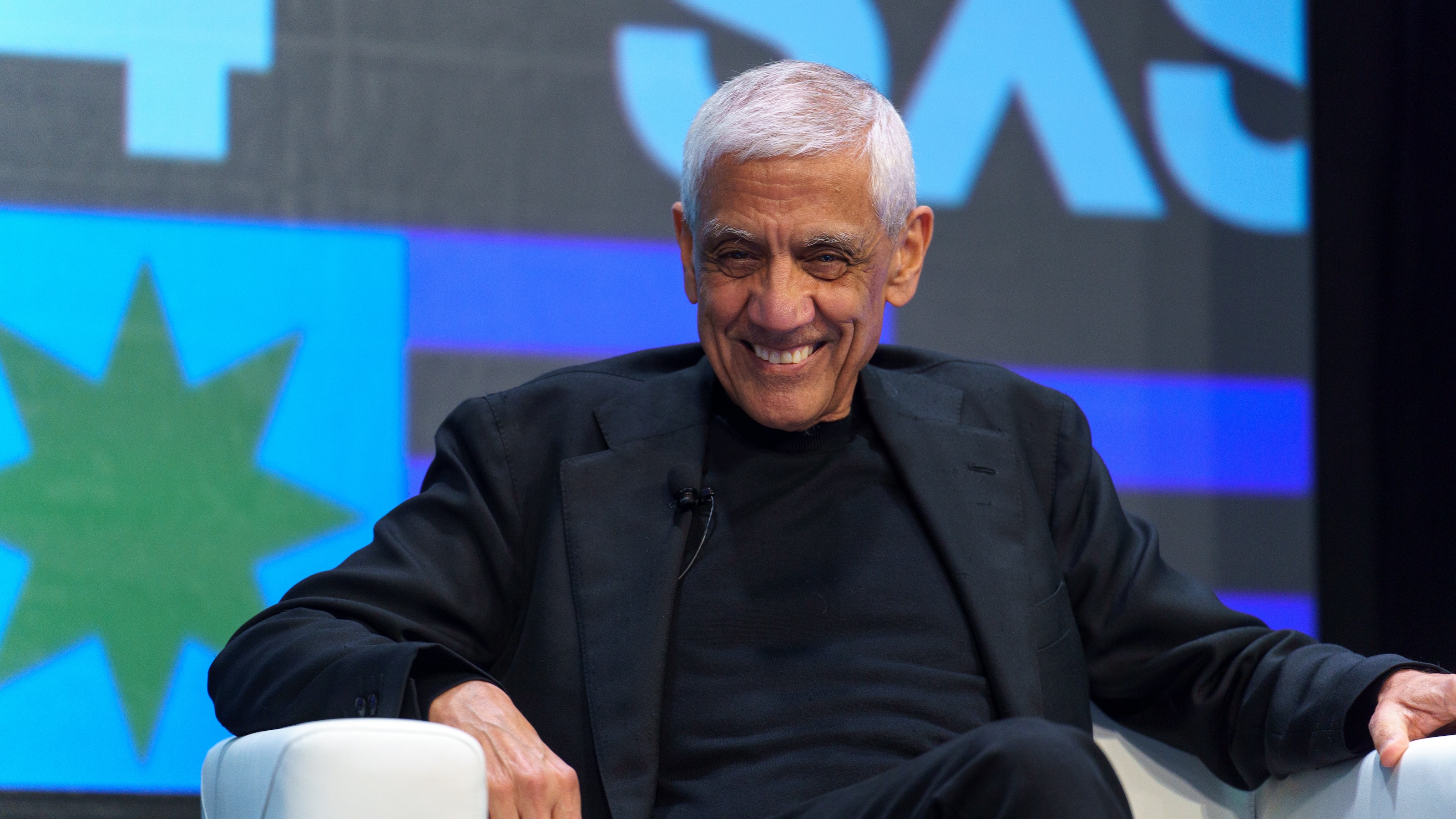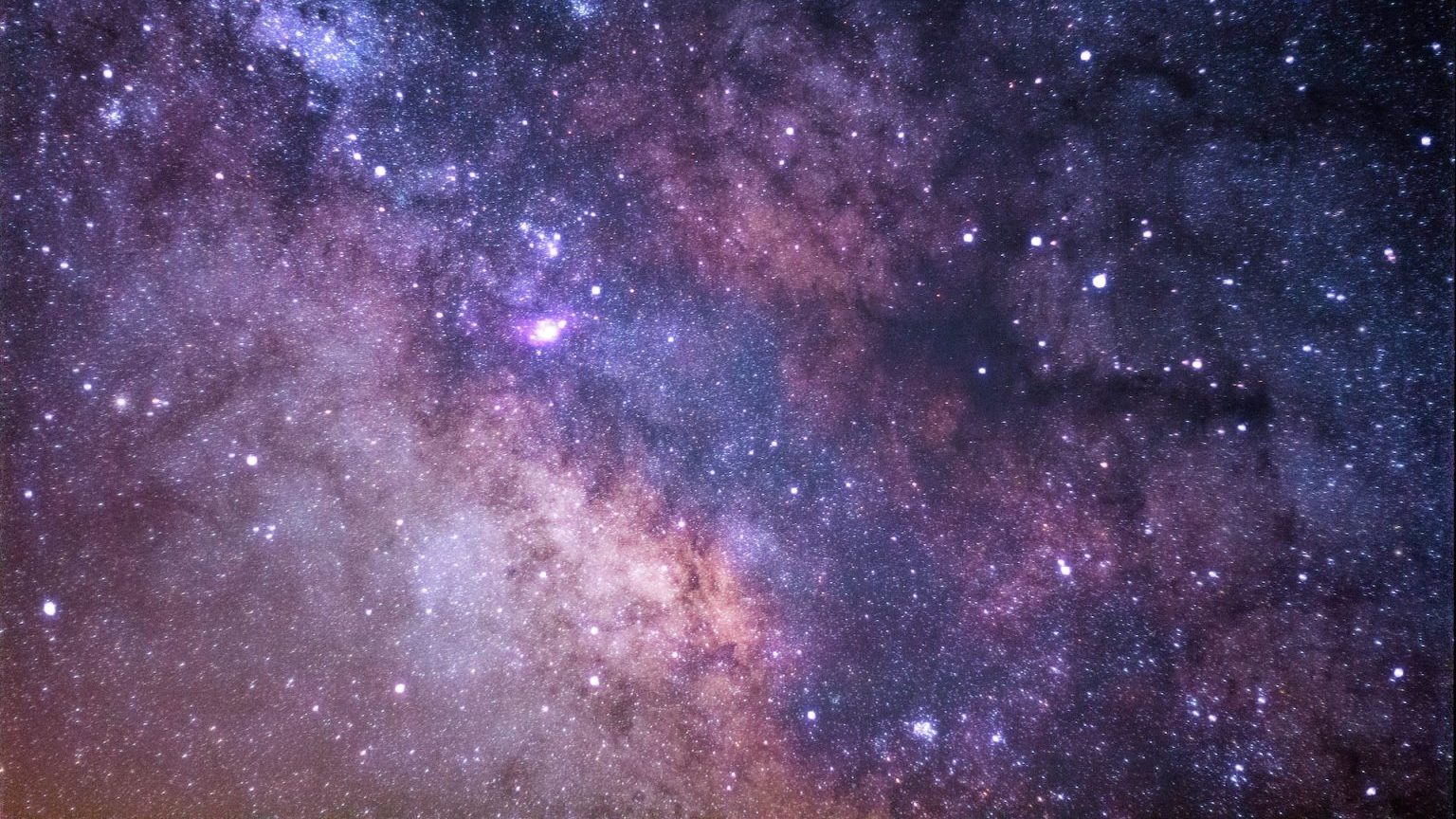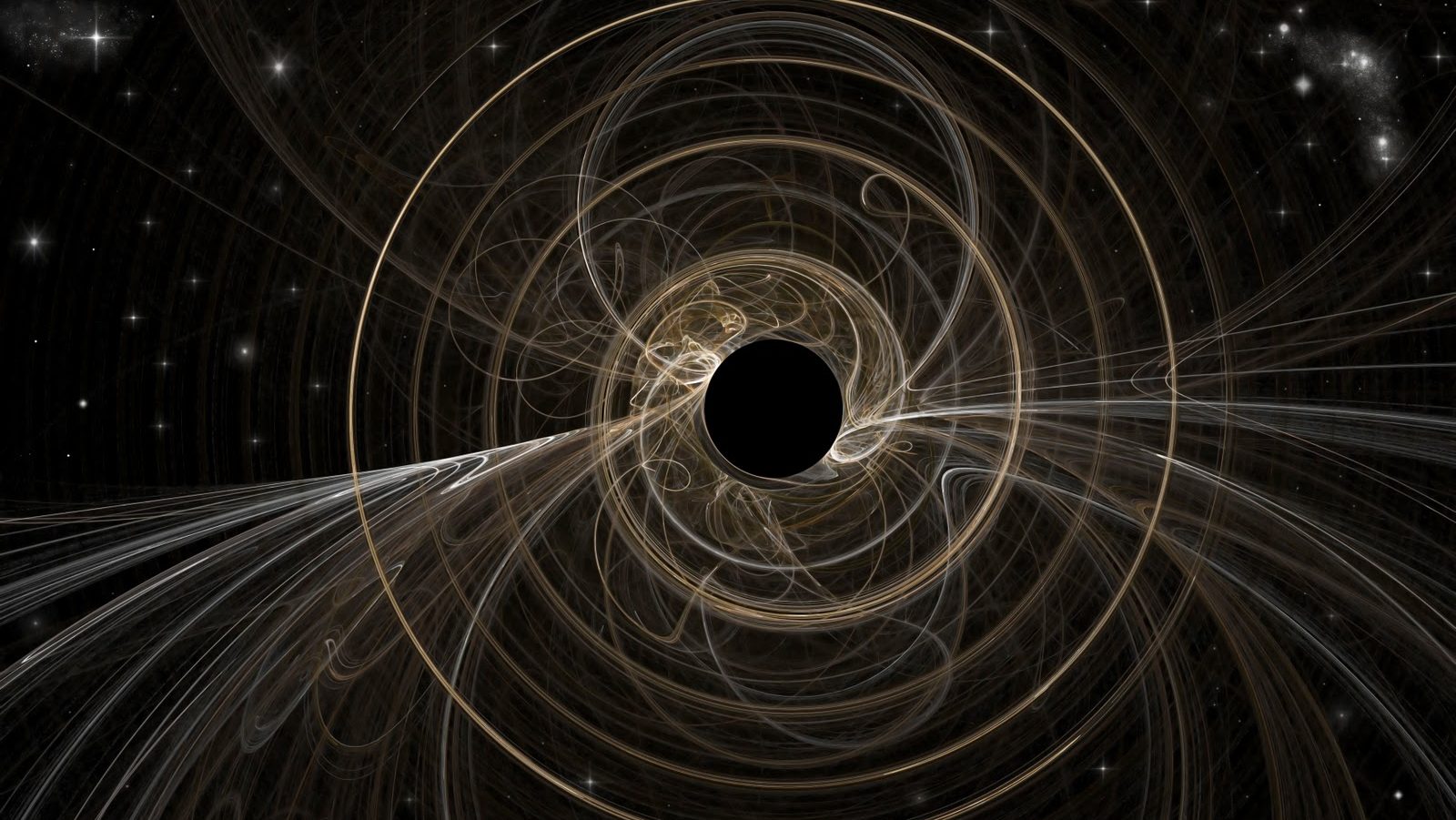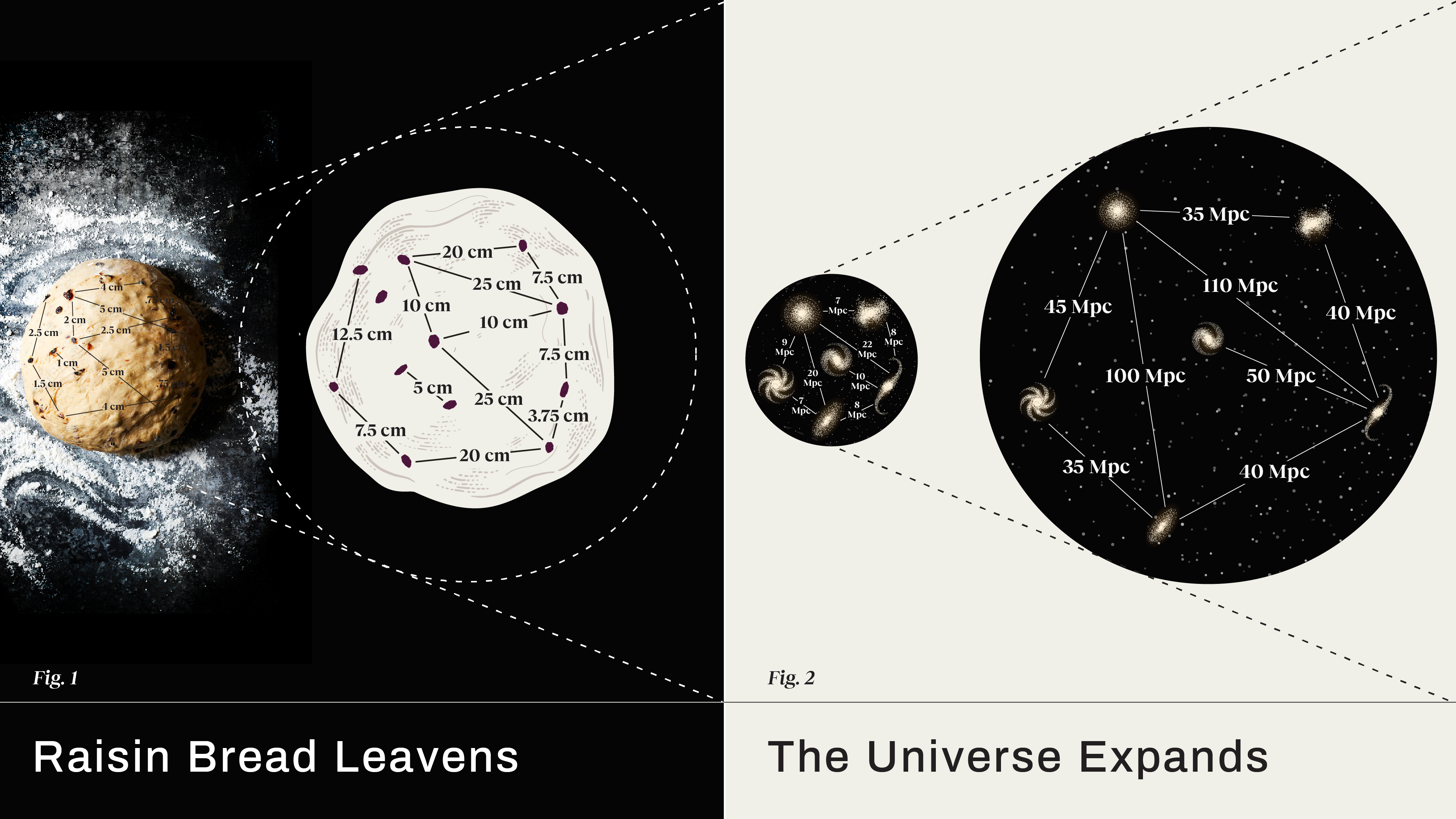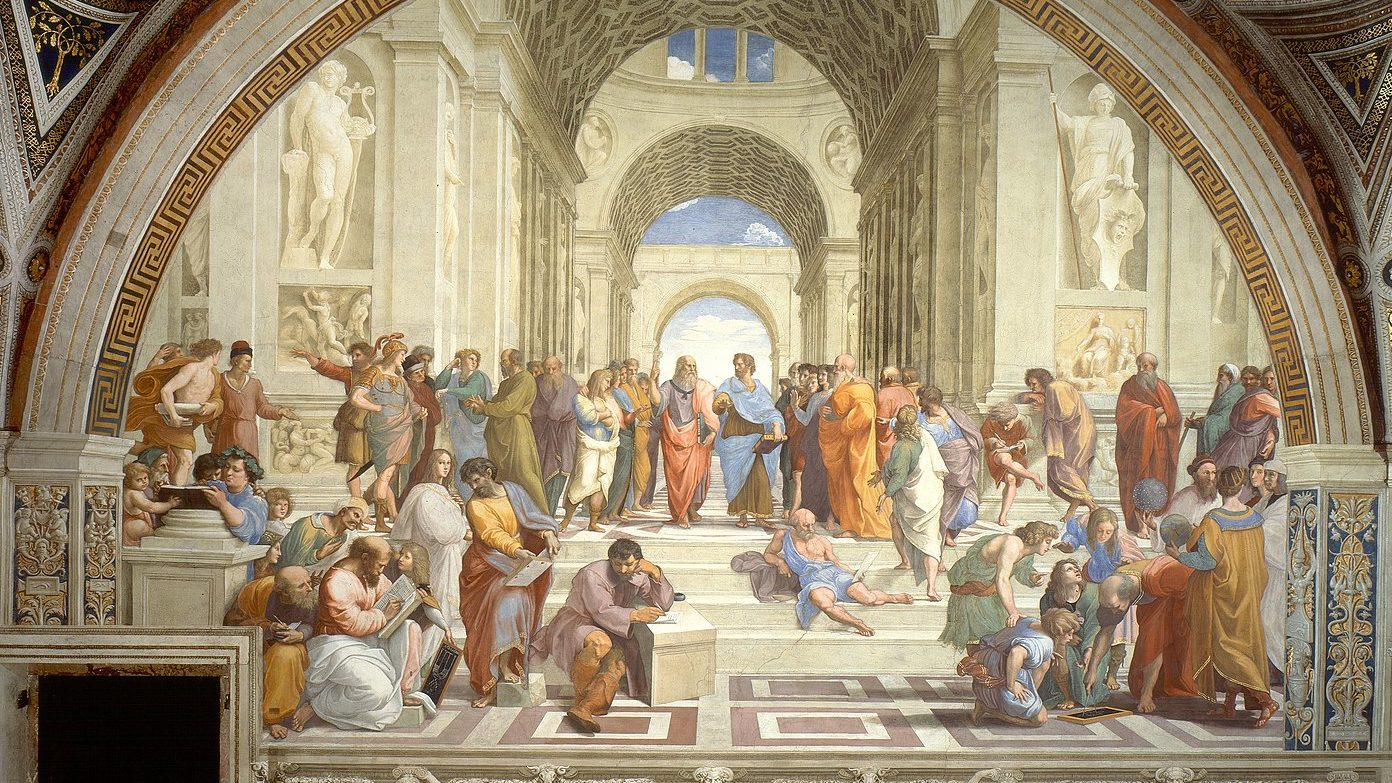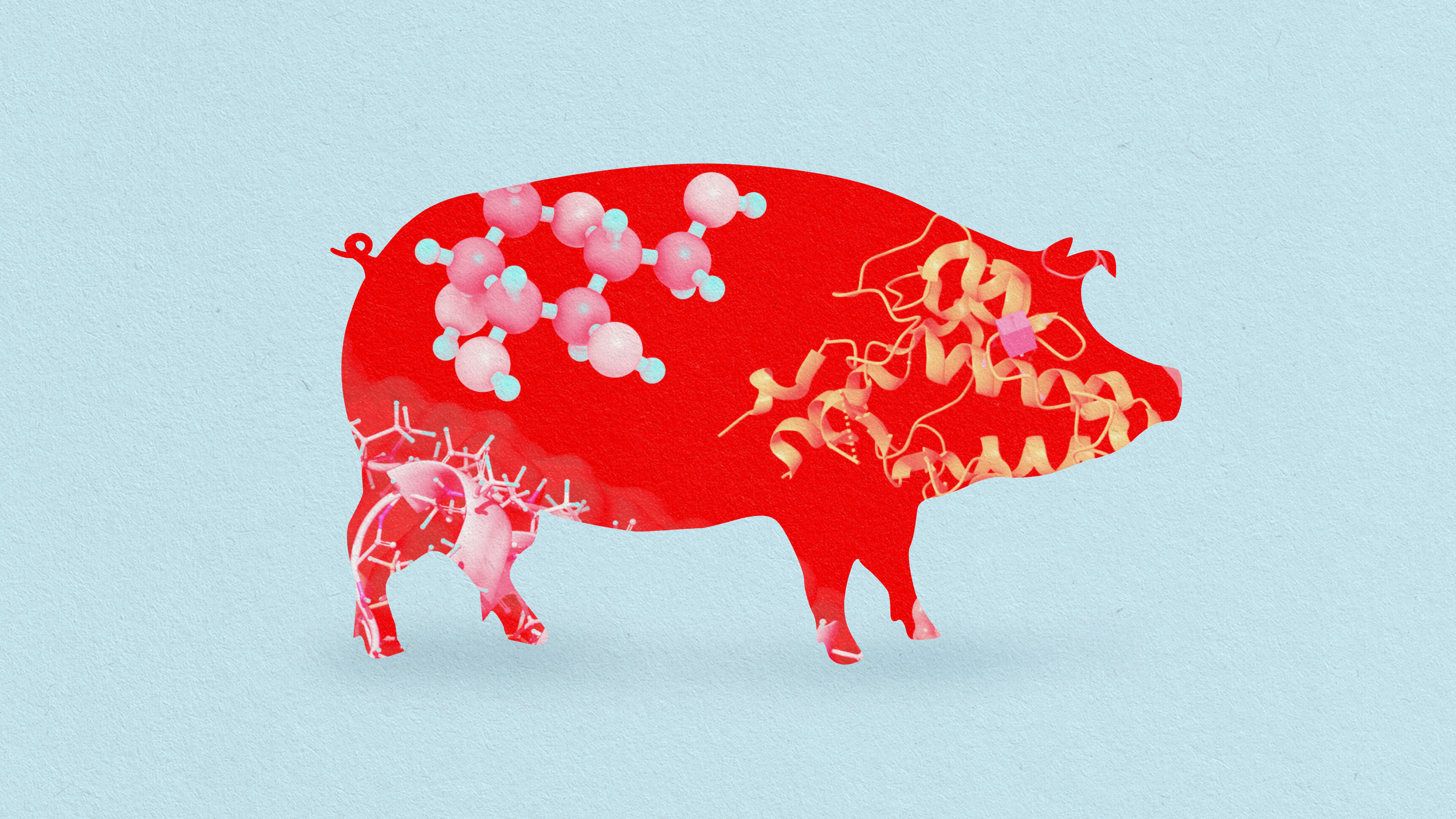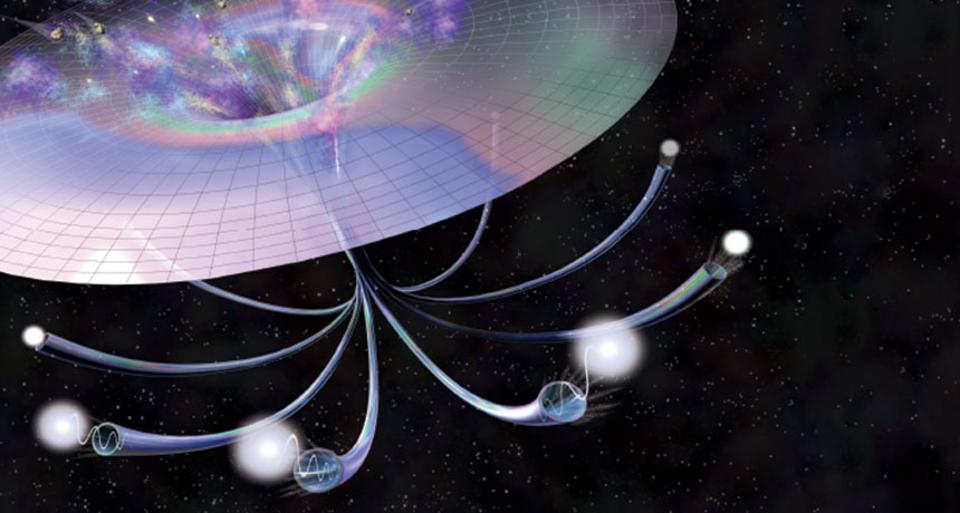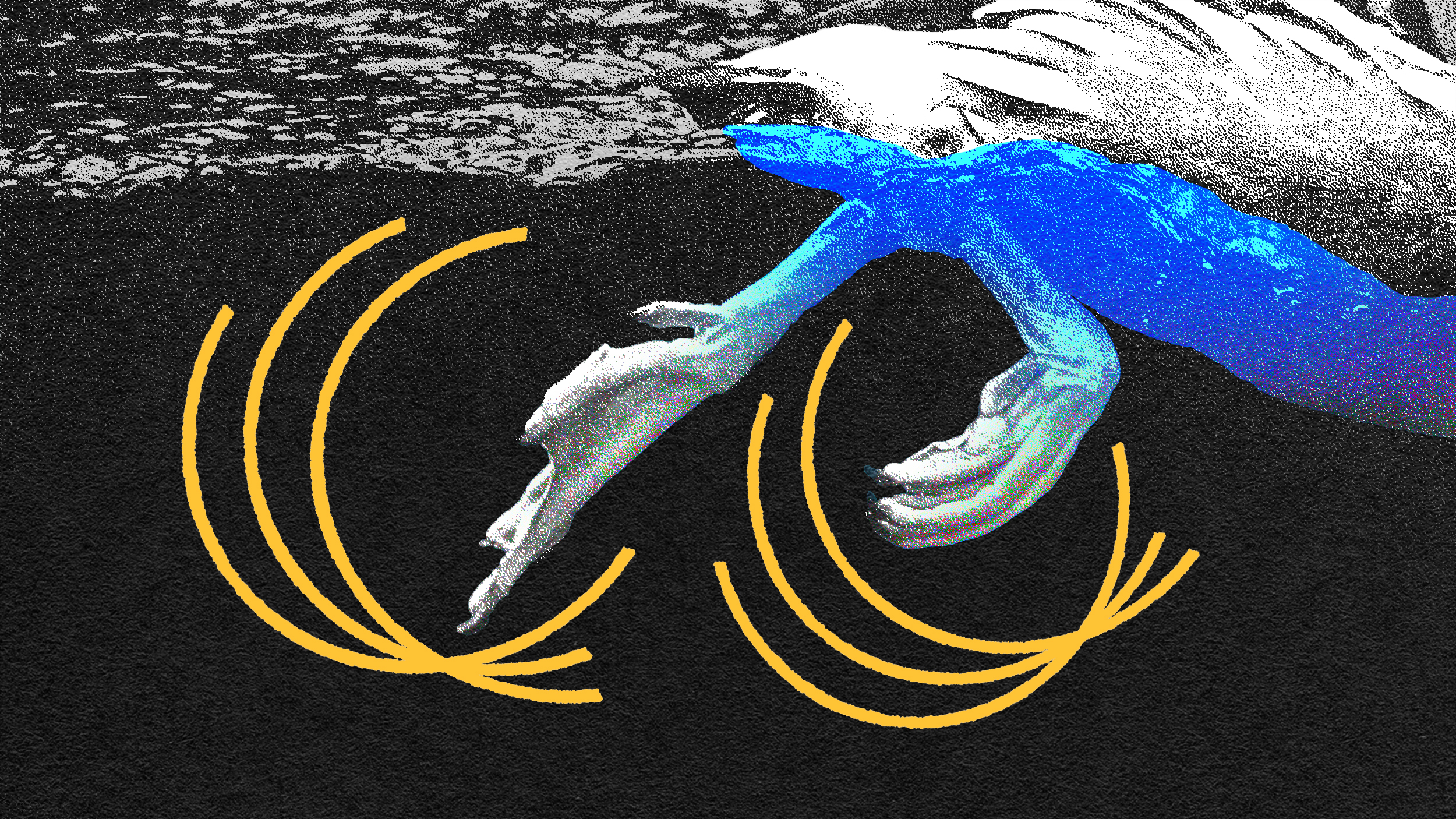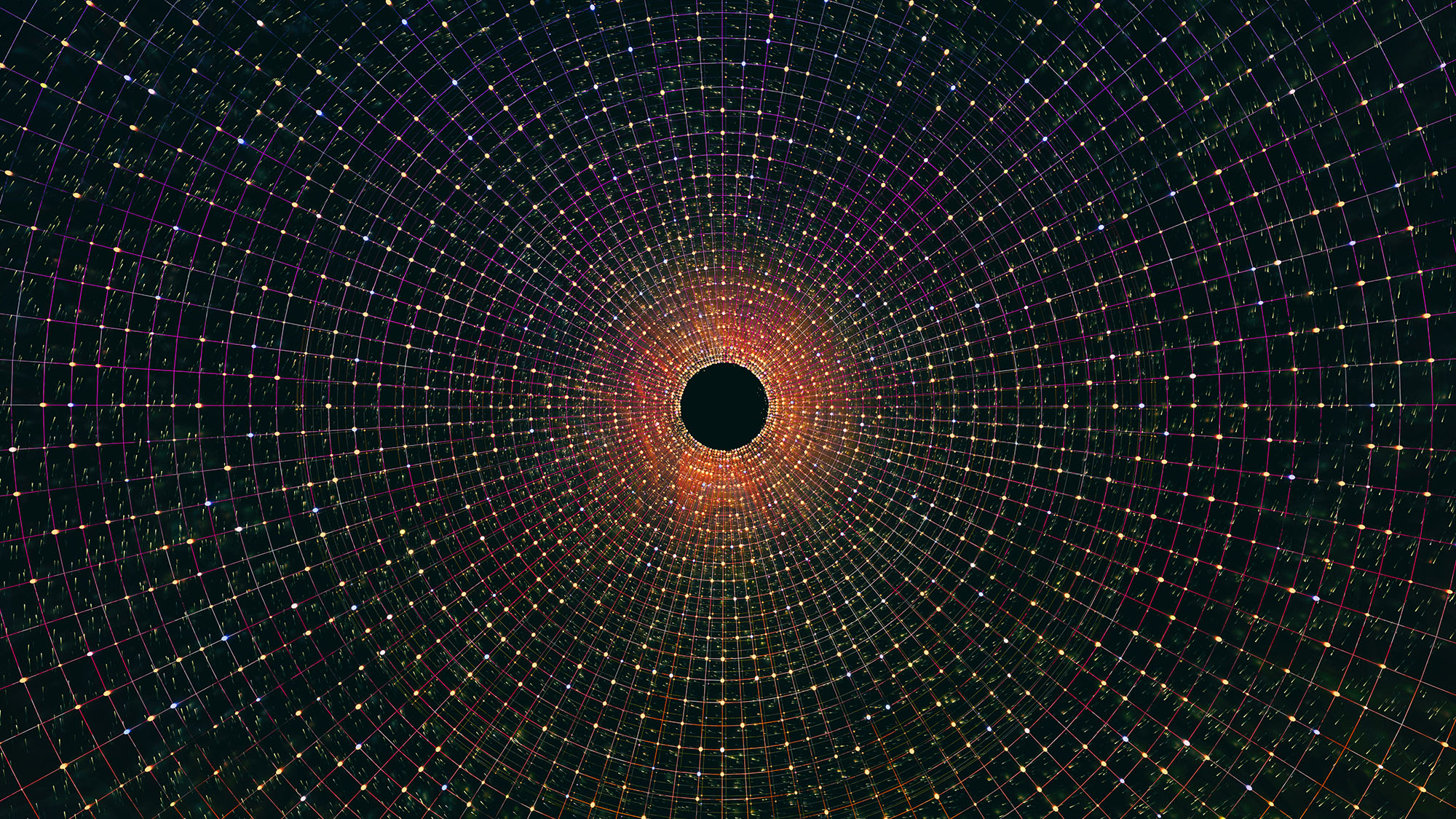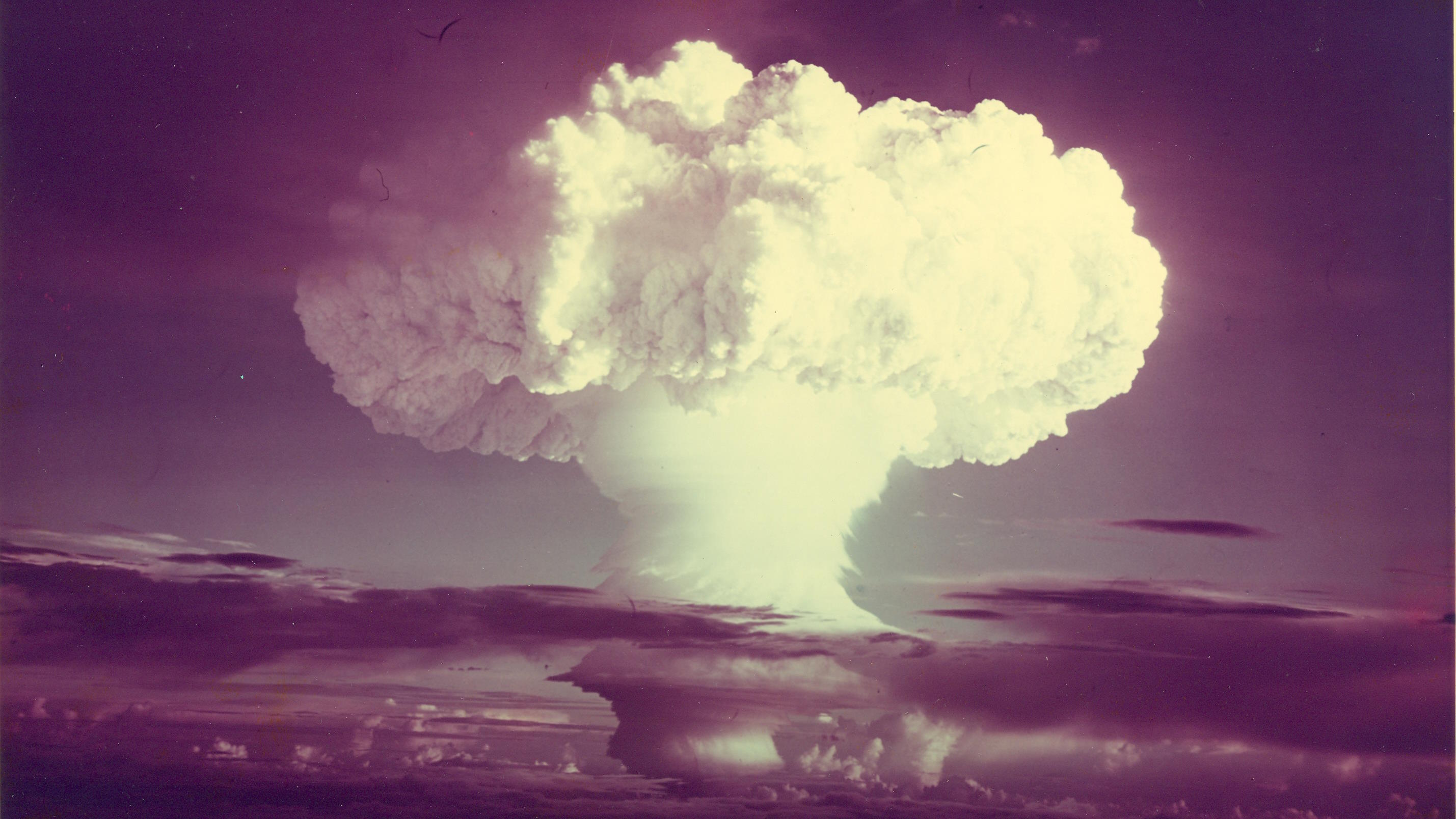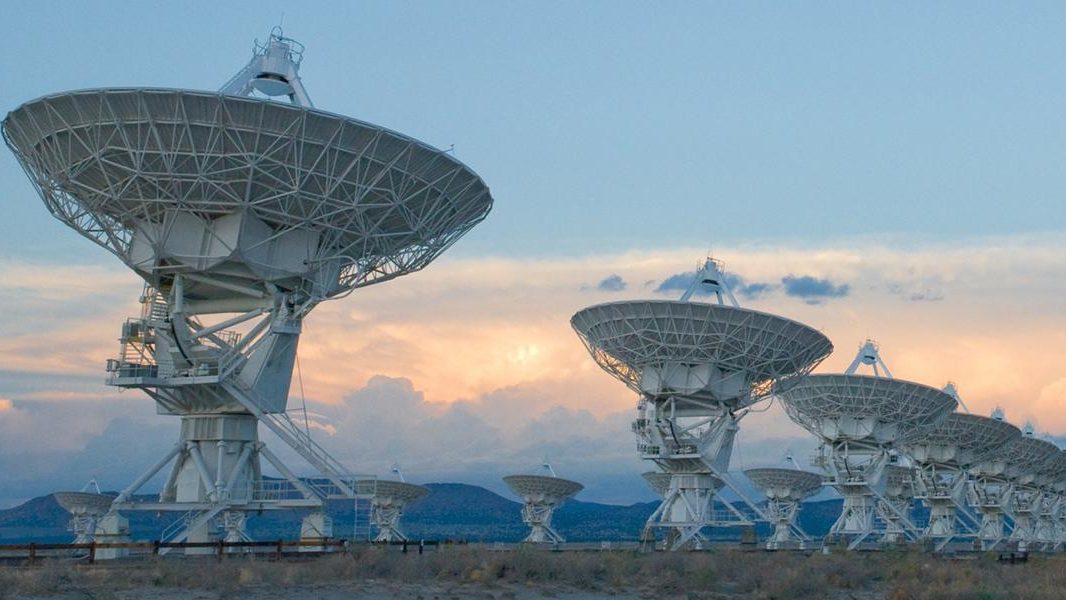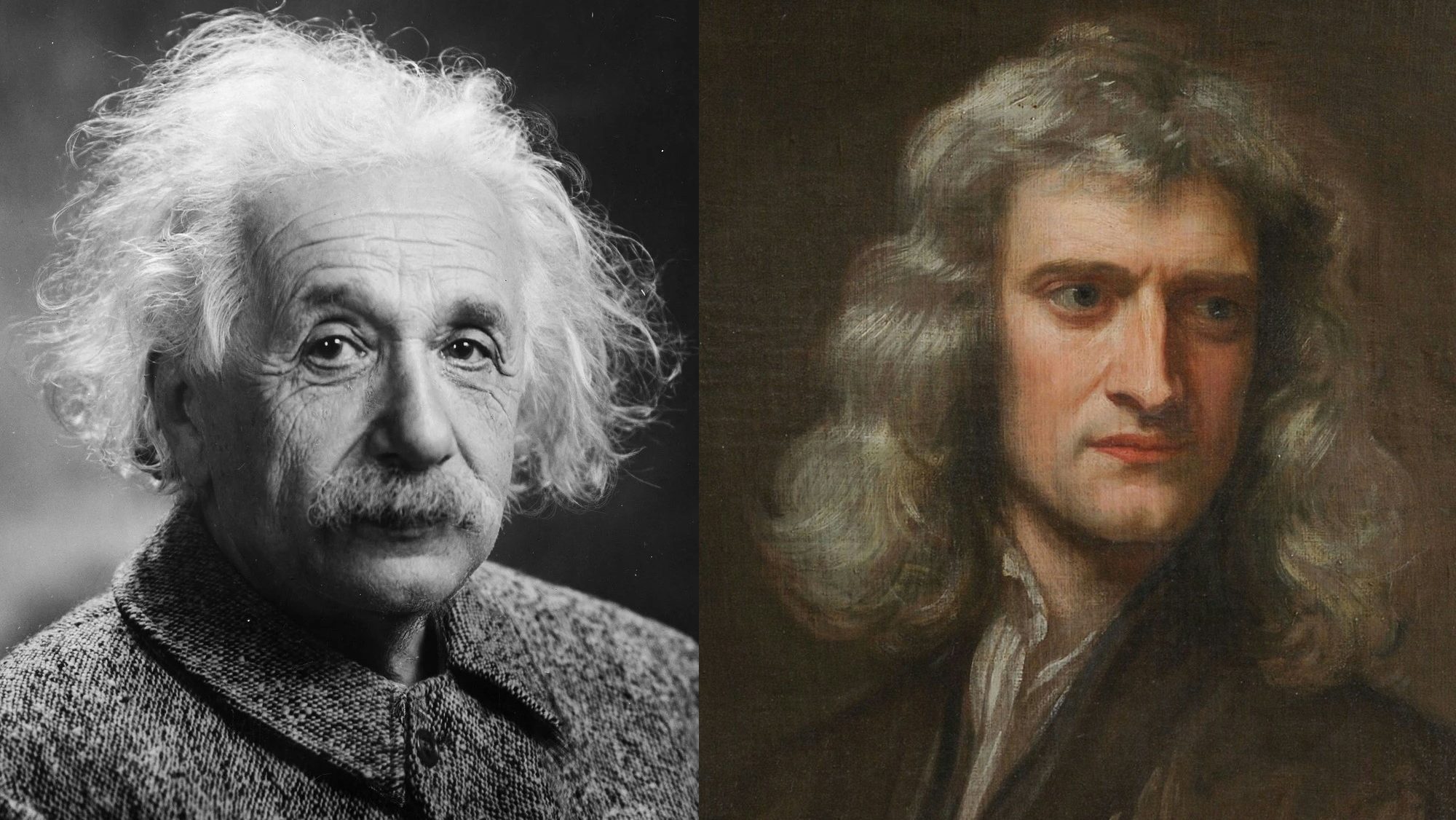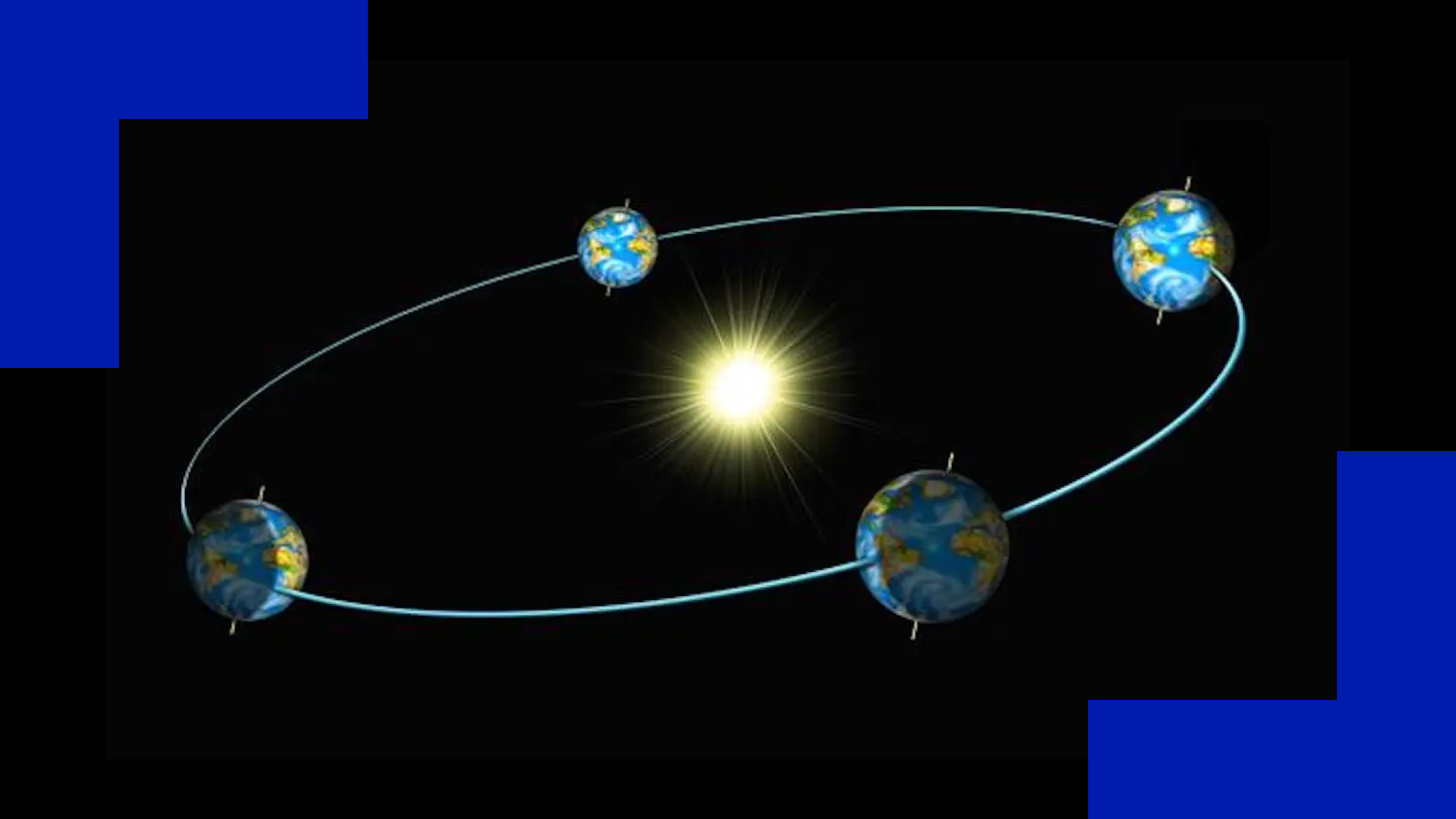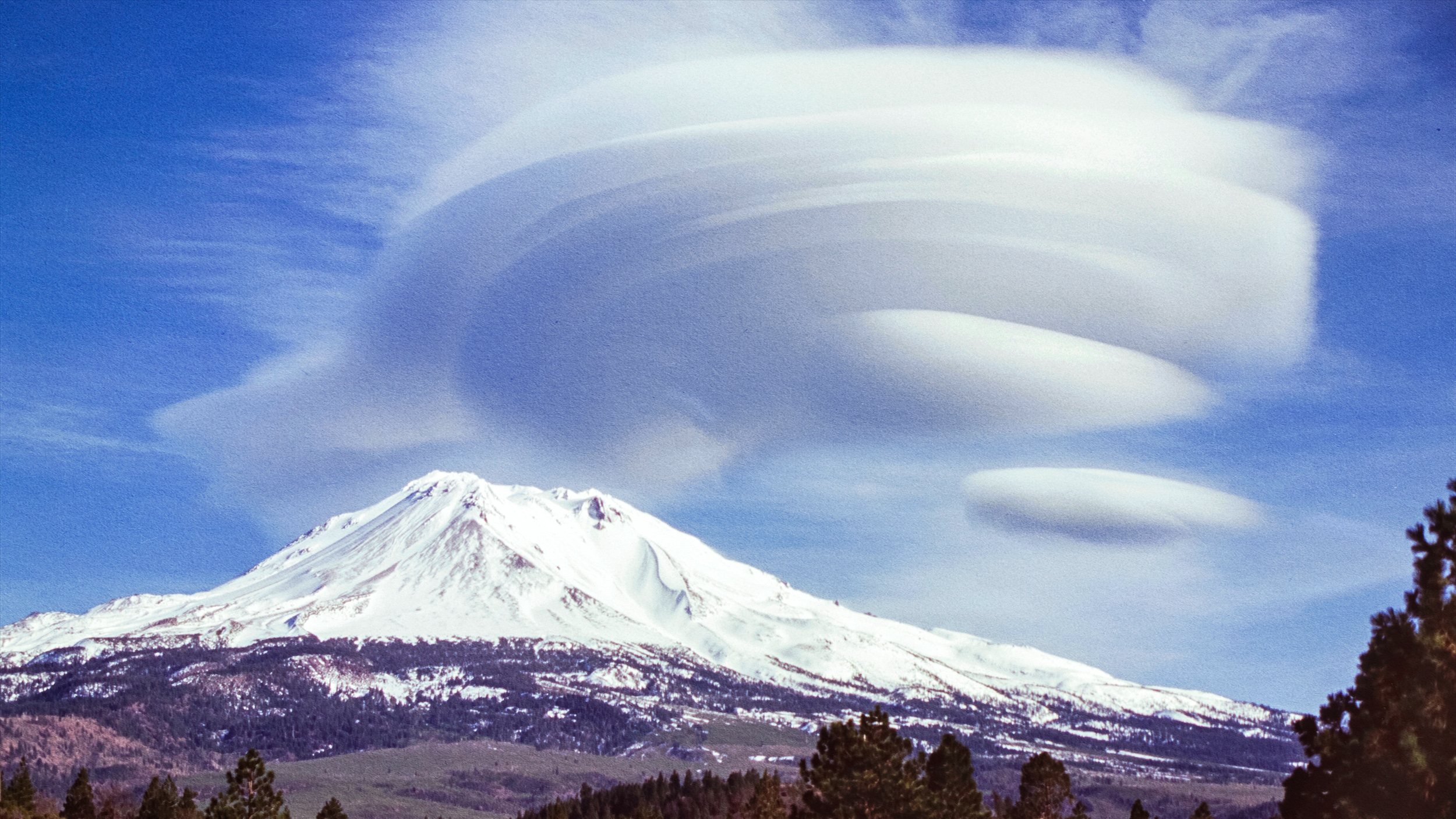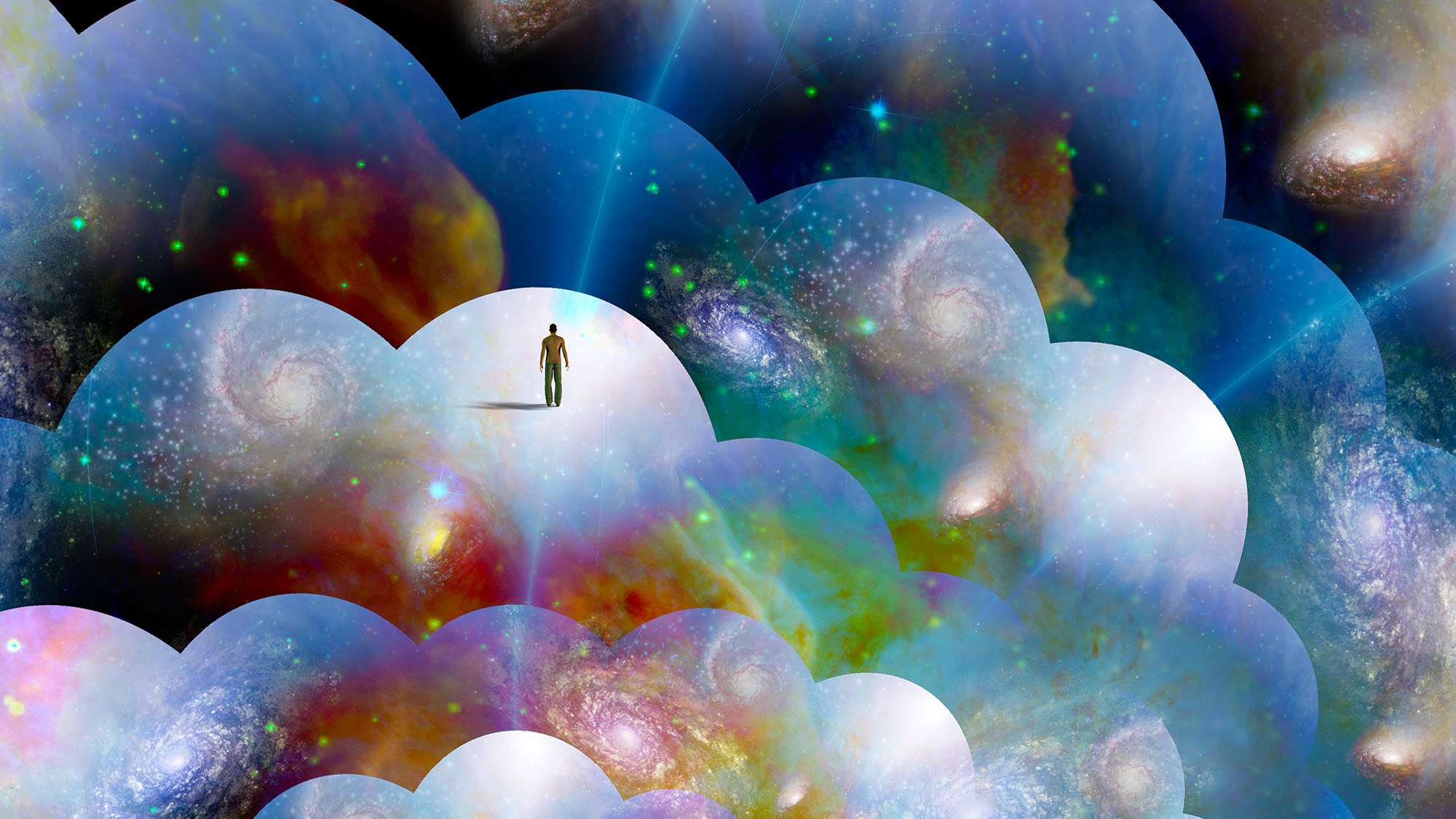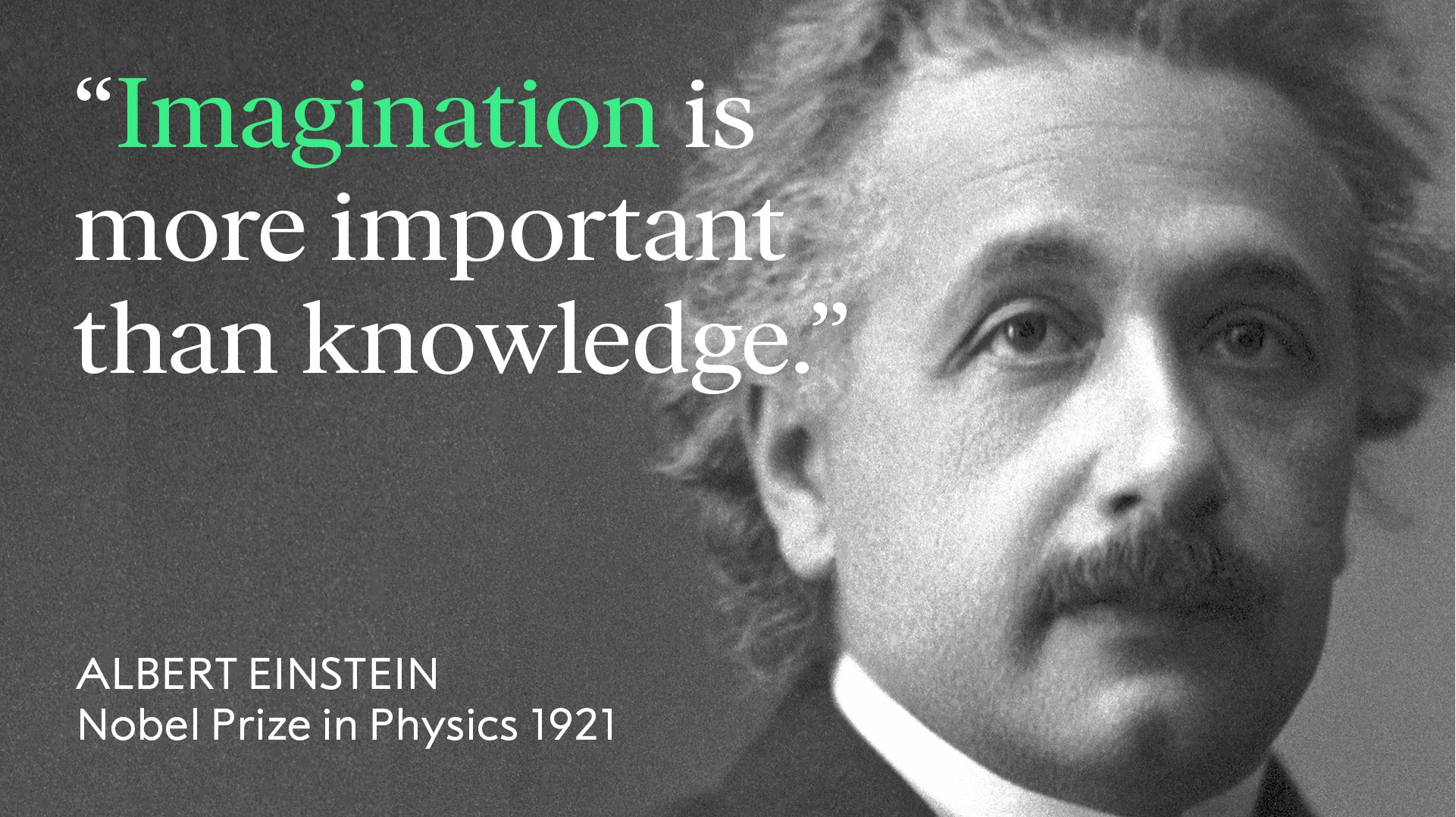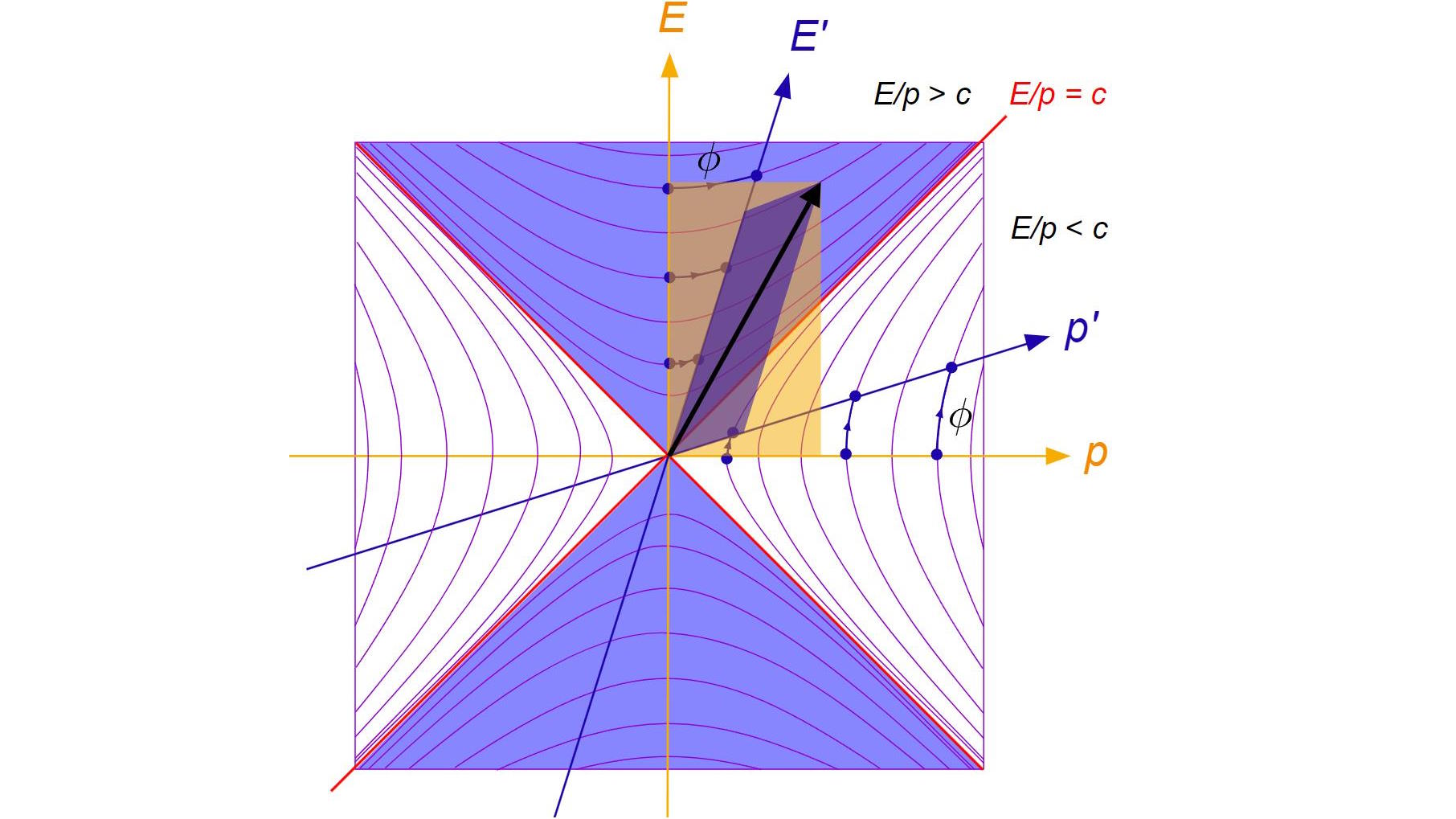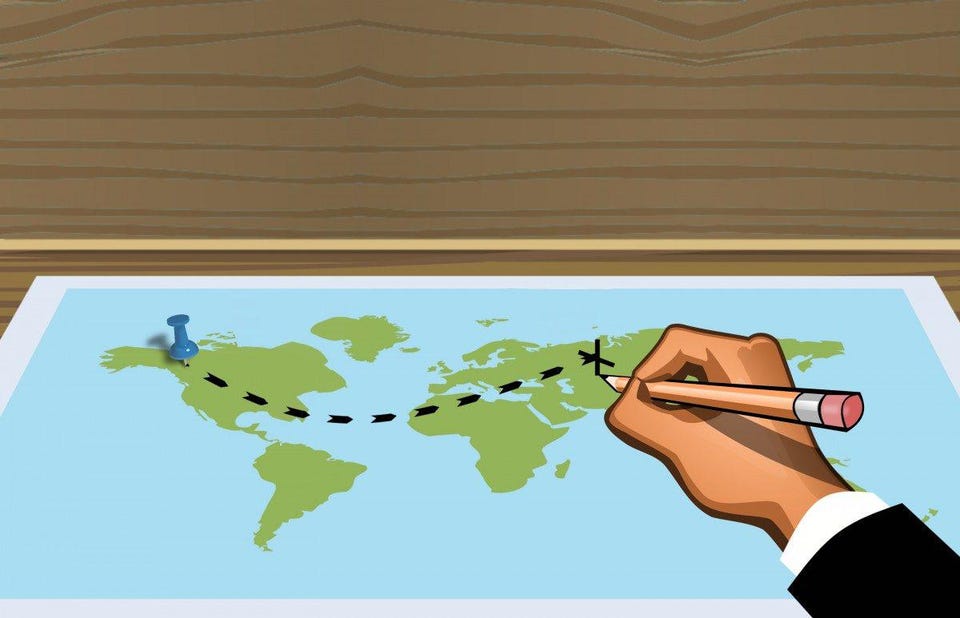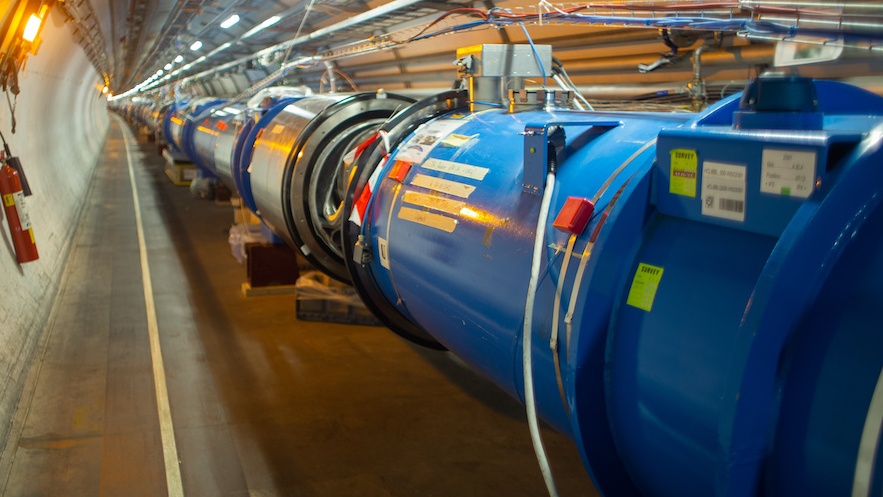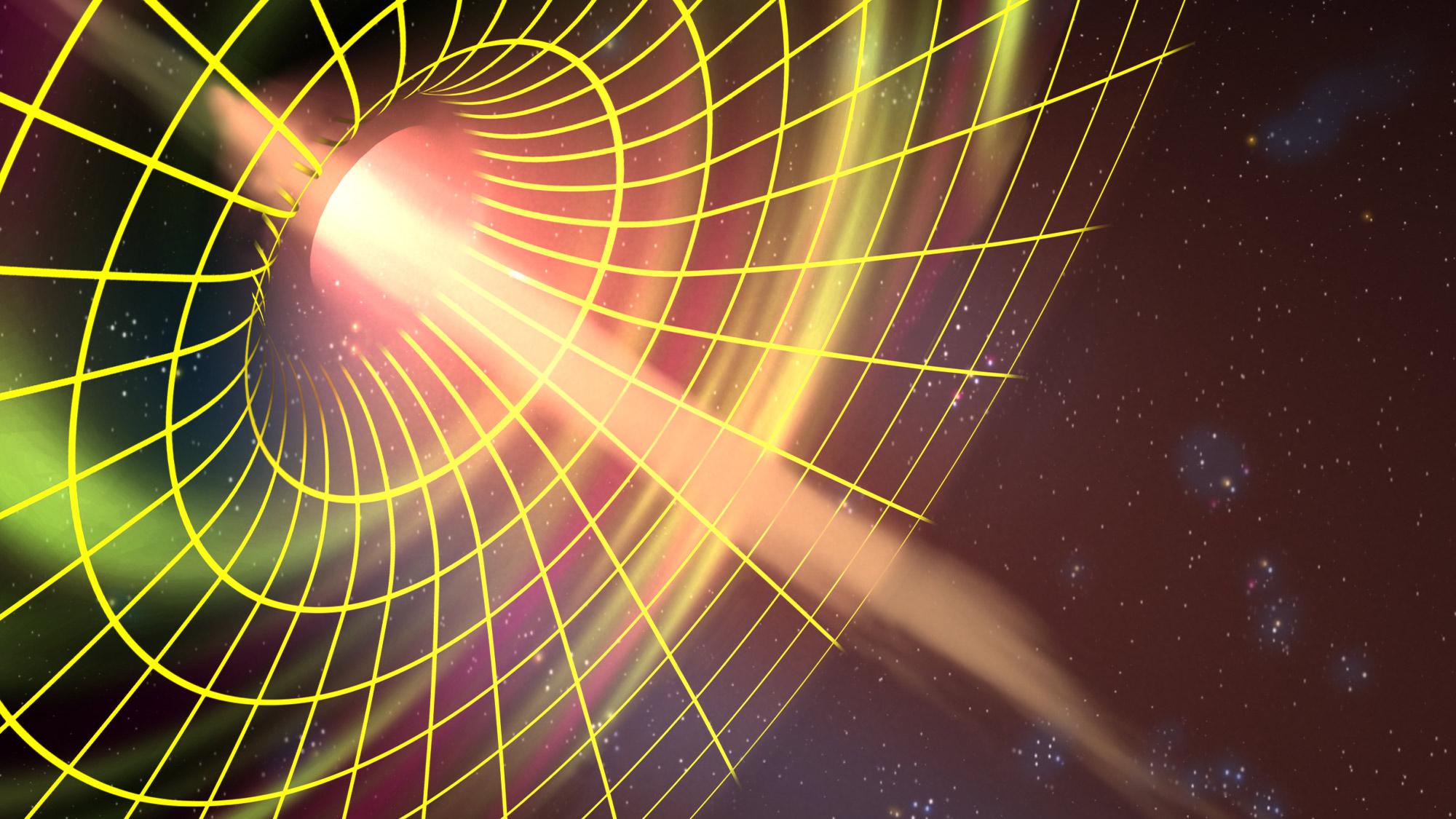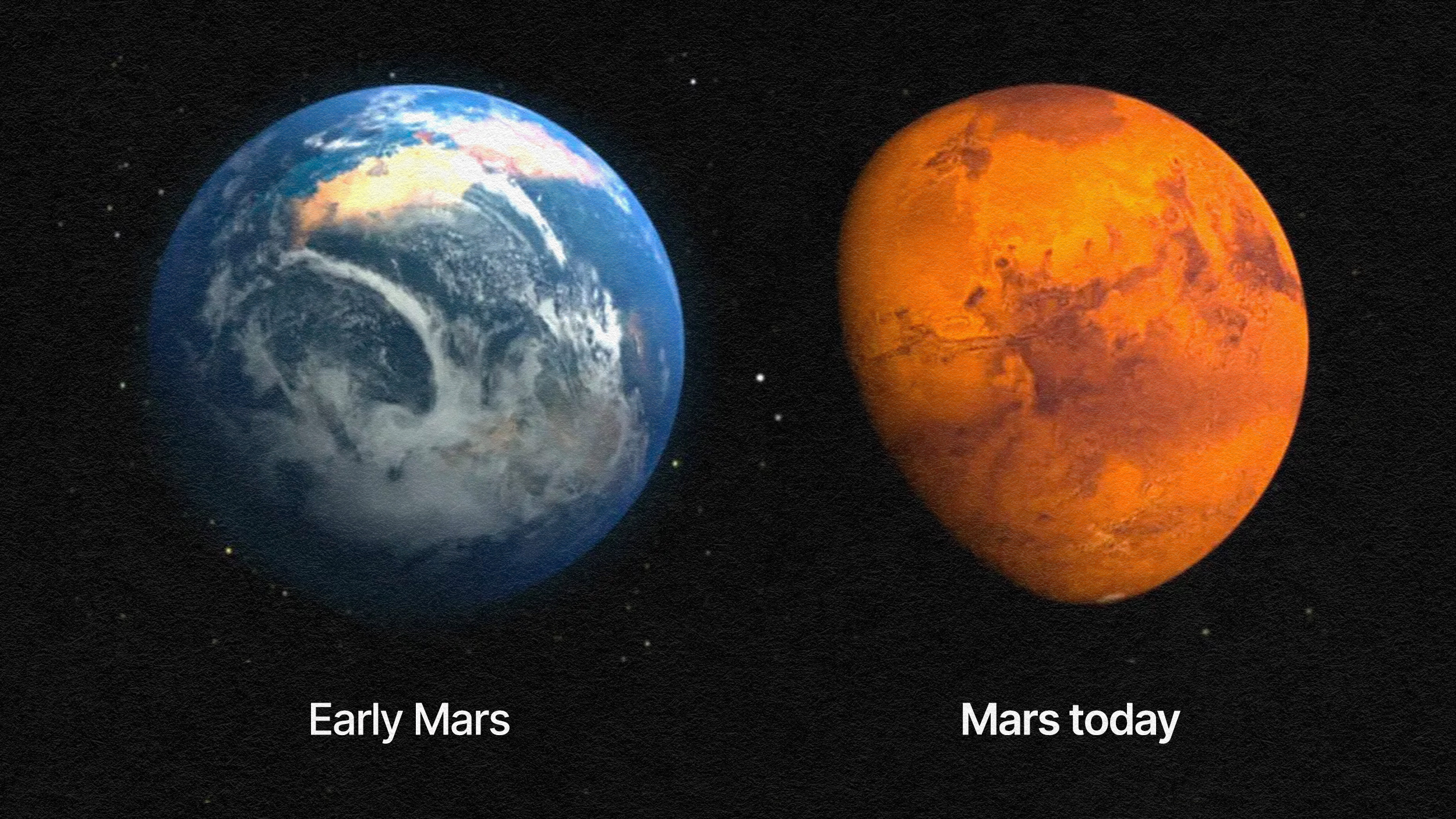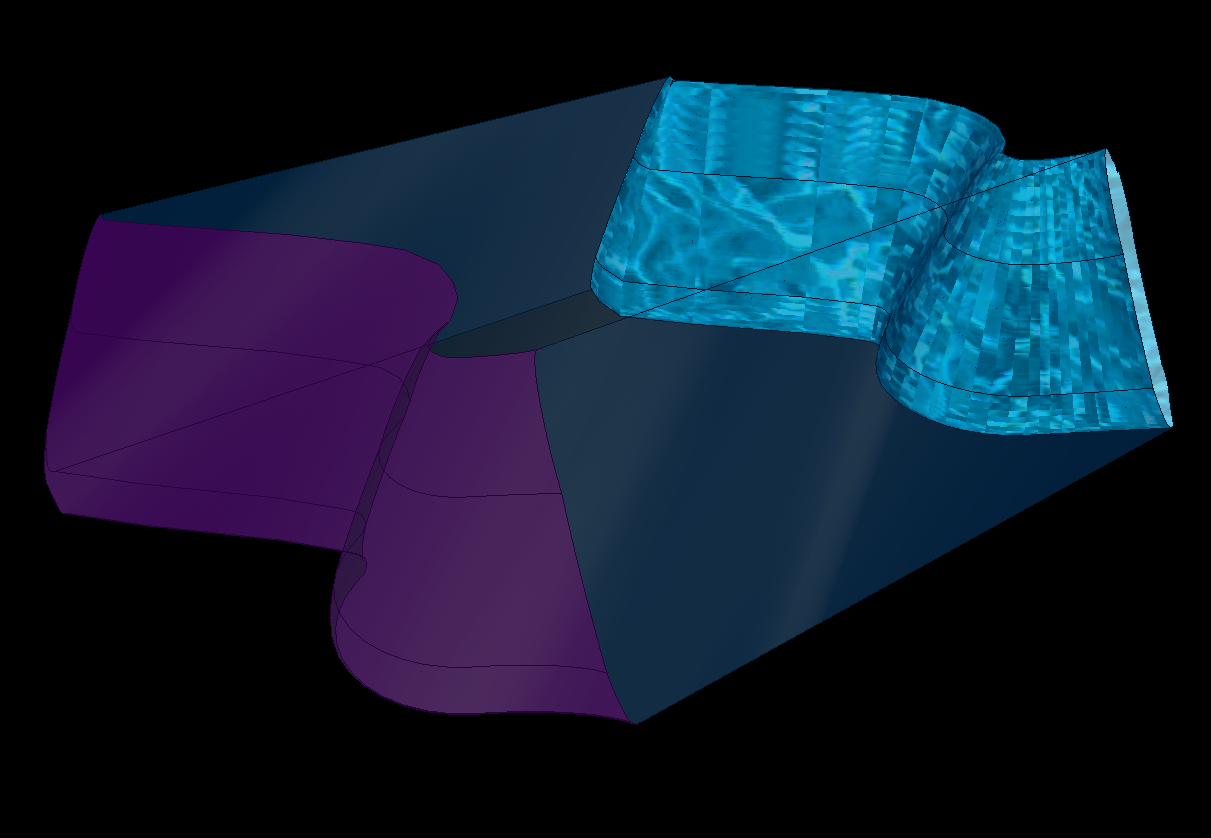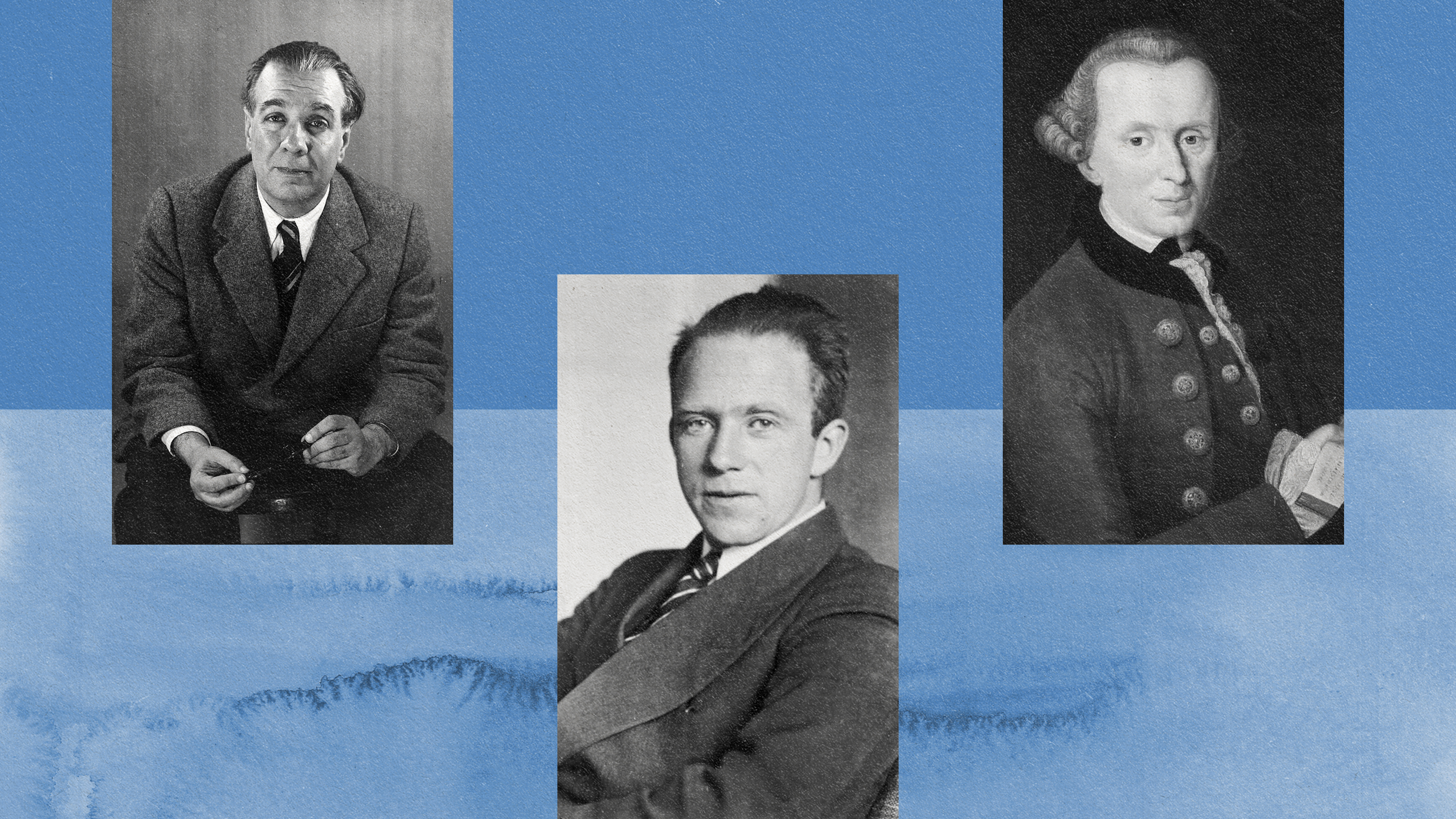Welcome to The Nightcrawler — a weekly newsletter from Eric Markowitz covering tech, innovation, and long-term thinking.
Search Results
You searched for: Physical Constants
Why “audio gaps” in video meetings wear us out — and why we need the meaningful relationships forged in communal workspaces.
Yes, the Universe is expanding, but if you’ve ever wondered, “How fast is it expanding,” the answer isn’t in terms of a speed at all.
From the Big Bang to dark energy, knowledge of the cosmos has sped up in the past century — but big questions linger.
All of the matter and radiation we measure today originated in a hot Big Bang long ago. The Universe was never empty, not even before that.
The big question isn’t whether the Universe is expanding at 67 or 73 km/s/Mpc. It’s why different methods yield such different answers.
Like Dua Lipa, he had to create new rules.
Though ultimately incorrect, the ancient Greek philosophers blazed a conceptual trail for humankind to understand the nature of reality.
Energy balance is the greatest arbiter of weight gain. Embrace the “oinker diet.”
Billions of years ago, the ever-increasing entropy must’ve been much lower: the past hypothesis. Here’s how cosmic inflation solves it.
When we view hard work as a sign of low aptitude, it harms our ability to learn and grow.
Too many companies fail to recognize that “the deepest principle in human nature is the craving to be appreciated” — but the solution is easy.
Singularities frustrate our understanding. But behind every singularity in physics hides a secret door to a new understanding of the world.
Einstein’s most famous equation is E = mc², which describes the rest mass energy inherent to particles. But motion matters for energy, too.
The sharpest optical images, for now, come from the Hubble Space Telescope. A ground-based technique can make images over 100 times sharper.
50 years ago, Stephen Hawking showed that black holes emit radiation and eventually decay away. That fate may now apply to everything.
Two very different ideas, wormholes and quantum entanglement, might be fundamentally related. What would “ER = EPR” mean for our Universe?
It’s literally the one and only trick that separates top-notch physicists from crackpots, dropouts, and those who can’t cut the mustard.
Leap day only comes once every four years, including in 2024. But the reason we have it, including when we do and don’t, may surprise you.
The mountain can generate lenticular clouds, which may contribute to its supernatural reputation.
There is nothing more important to science than its ability to prove ideas wrong.
“Imagination is more important than knowledge” is often taken to mean that your conceptions outweigh what’s real. That’s not what he said.
The fabric of spacetime is four-dimensional, with three for space and only one for time. But wow, time sure is different from space!
When you don’t have enough clues to bring your detective story to a close, you should expect that your educated guesses will all be wrong.
Travel half the distance to your destination, and there’s always another half to go. Despite Zeno’s Paradox, you always arrive right on time.
A next-generation LHC++ could cost $100 billion. Here’s why such a machine could end up being a massive waste of money.
It’s been 100 years since we discovered that the Universe was expanding. But if it’s expanding, then what is it expanding into?
In the early stages of our Solar System, there were three life-friendly planets: Venus, Earth, and Mars. Only Earth thrived. Here’s why.
Three fundamental forces matter inside an atom, but gravity is mind-bogglingly weak on those scales. Could extra dimensions explain why?
A new book envisions an encounter of minds between the Argentinian writer Jorge Luis Borges, the physicist Werner Heisenberg, and the philosopher Immanuel Kant.
